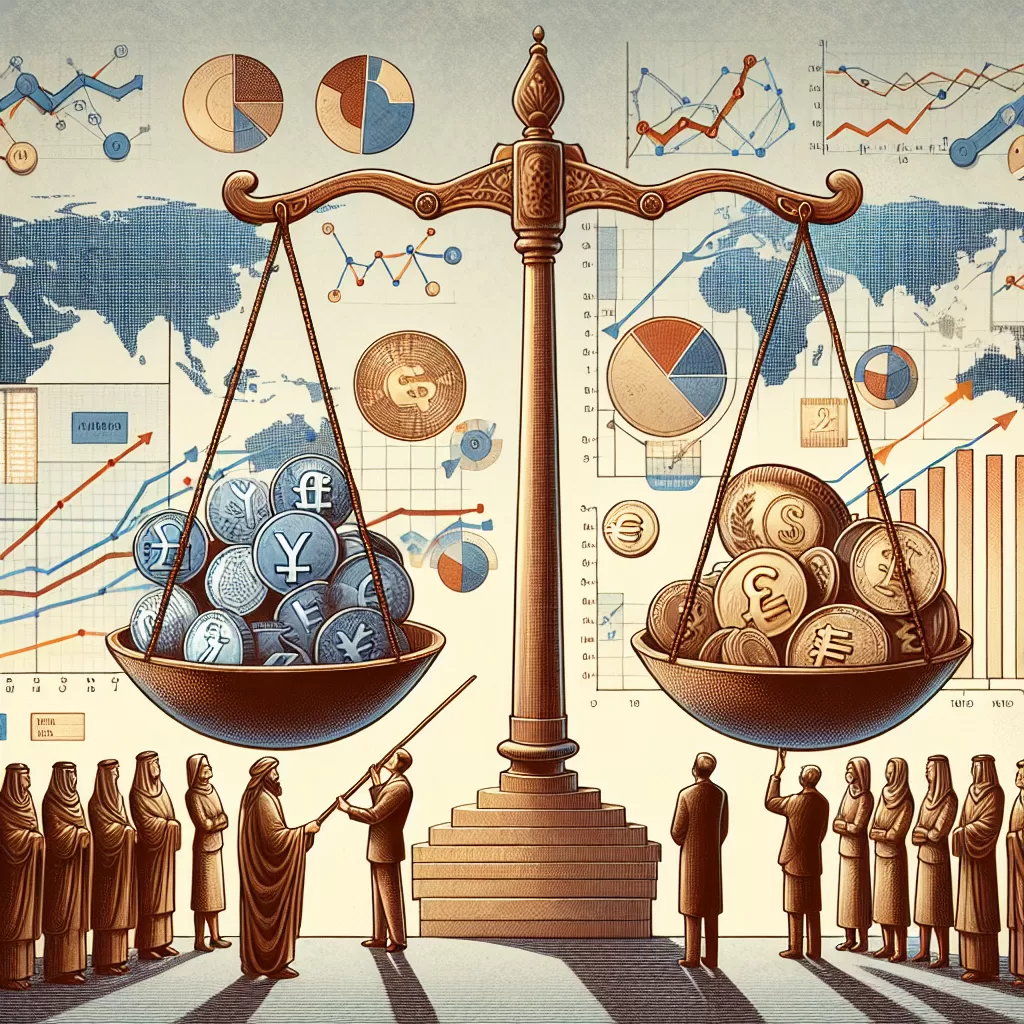How Are Currency Exchange Rates Determined
Follow Currency Mart April 10, 2024
Where to purchase Foreign Currencies?

Introduction
As the Guardian of currency exchange, I introduce you to the fascinating world where nations’ currencies intermingle, fluctuate, and transform. My aim is to elucidate the mysteries behind how currency exchange rates are determined and guide you through the intricacies of this globally-encompassing dance.Understanding Exchange Rates
In the simplest terms, exchange rates measure the value of one country's currency in relation to another's. It's this rate that determines how much of one currency you get when you exchange it for another. However, the question remains: how are these rates determined?The Market Forces: Supply and Demand
One of the main ways that exchange rates are determined is through the basic economic principles of supply and demand. When demand for a country’s currency increases or if its supply decreases, that currency's value will generally rise. Conversely, if supply surpasses demand, the value will typically fall. This demand can be influenced by various elements such as trade flows, tourism, geopolitics, and macroeconomic factors – all impacting the supply or demand for a particular currency. A typical example might be if a country enjoys a surge in exports, driving up demand for its currency and, in turn, its value.Inflation Rates
Inflation is another critical factor affecting exchange rates. Generally, countries with lower inflation rates see an appreciation in the value of their currency, as their purchasing power increases relative to other currencies. Countries with higher inflation typically see depreciation in their currency and hence, lower exchange rates.Interest Rates
Interest rates - set by a nation’s central bank – impact the exchange rate significantly. Higher interest rates offer lenders a higher yield relative to other countries, attracting more foreign capital, causing an appreciation in the value of its currency. Conversely, lower interest rates tend to depreciate the currency's value.Economic Performance
A country's economic health is also a crucial determinant of exchange rates. In simple terms, a strong and stable economy makes a country an attractive place for foreign investors, who must buy the country's currency to invest or start a business. This increased demand usually strengthens that currency's exchange rate.Government Debt
Countries with high public debt are less likely to attract foreign investment, leading to inflation. When a country’s debt is high, it may result in inflation and depreciate the currency value, leading to lower exchange rates.Speculations
Currency value can also significantly be affected by the perception of economic trends and geopolitical events. If market participants anticipate a country's currency to move in a certain direction, they will trade accordingly and may convince others to do the same, leading to shifts in exchange rates.Conclusion
Understanding the factors that influence exchange rates is essential to comprehend the global economy. This knowledge can help to predict future trends in forex markets, allow policymakers to evaluate the competitiveness of a nation's goods and services, and provide a pulse on a nation's economic health. As the Guardian of currency exchange, I can assure you that although the realm of exchange rates seems complicated, it becomes captivating and intriguing once you delve into it.
Where to purchase Foreign Currencies?